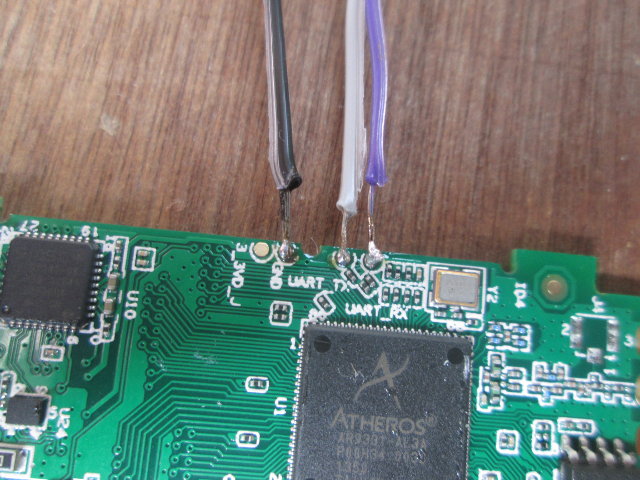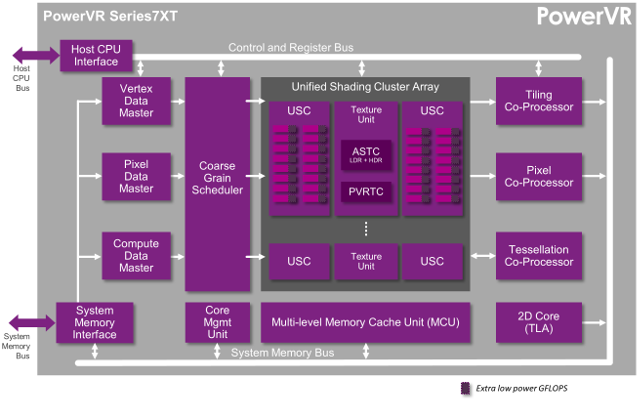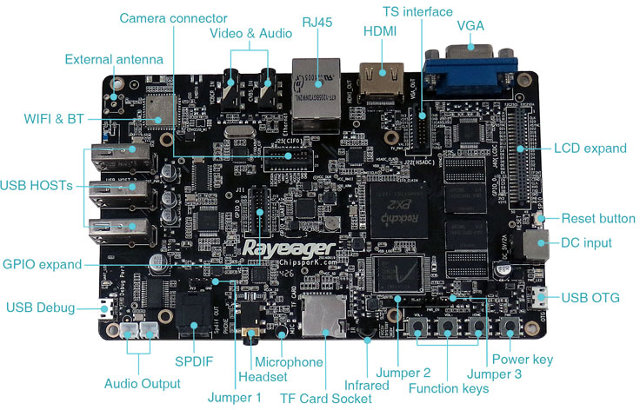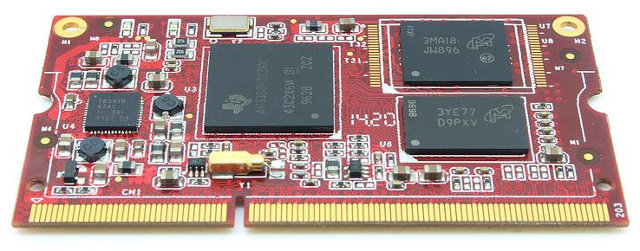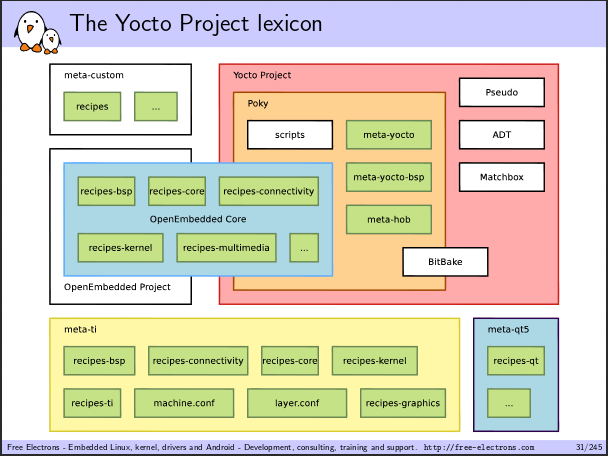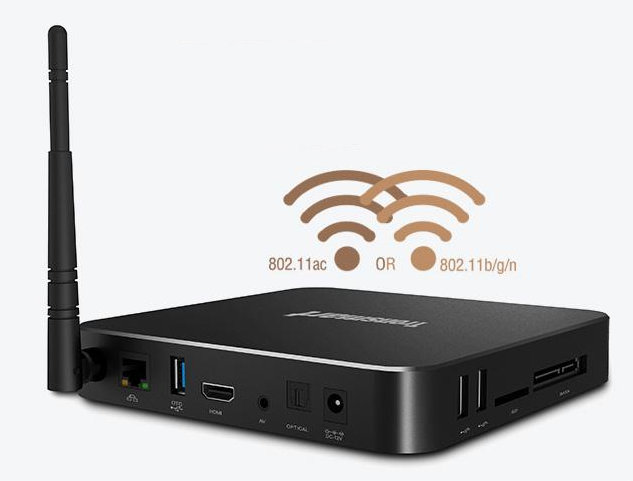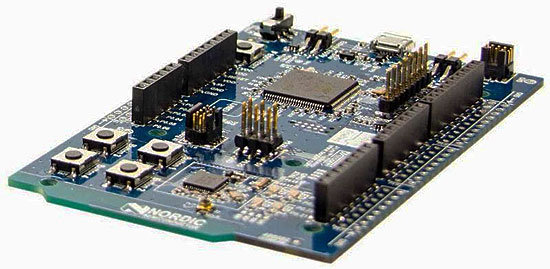Zsun SD11x are Wi-Fi flash drives for 8 to 128 GB eMMC, alternative to Sandisk or Kingston. Yesterday, I soldered the UART pins to Zsun SD111 (8GB) flash drive to access the serial console, but I did not manage to enter the terminal as it was password-protected. I posted my results anyway, as I was convinced I would get some clever ideas from my readers, some of which appeared to be a little time consuming, but Zoobab offered a simple solution that consisted in changing the boot parameters, by replacing /sbin/init by /bin/sh. The first step is to interrupt the boot by pressing space or another key, in order to access U-boot. Now we can check the U-boot environment ar7240> printenv bootargs=console=ttyS0,115200 root=31:02 rootfstype=jffs2 rw init=/sbin/init mtdparts=ar7240-nor0:64k(u-boot),64k(u-boot-env),6720k(rootfs),1216k(uImage),64k(NVRAM),64k(ART) bootcmd=bootm 0x9f6B0000 bootdelay=4 baudrate=115200 ethaddr=0x00:0xaa:0xbb:0xcc:0xdd:0xee ipaddr=10.168.168.1 serverip=10.168.168.10 stdin=serial stdout=serial stderr=serial ethact=eth0 Environment size: 361/65532 bytes Let’s keep everything the same, except the init, […]
Imagination Technologies Introduces PowerVR Series7 GPUs with Up to 512 Cores, Virtualization Support
Imagination Technologies has announced a new PowerVR Series7 GPU architecture that will be used in their high end PowerVR Series7XT GPUs delivering up to 1.5 TFLOPS for mid range and high-end mobioe devices, set-top boxes, gaming consoles and even servers, as well as their low power lost cost PowerVR Series7XE GPUs for entry-level mobile devices, set-top boxes, and wearables. PowerVR Series7 GPU, both Series7XT and Series7XE GPUs, can achieve up to a 60% performance improvement over PowerVR Series6XT/6XE GPUs for a given configuration. For example a 64-core PowerVR7XT GPU should be up to 60% faster than a 64-core PowerVR Series6XT clocked at the same frequency, with all extra performance due to a different and improved architecture. Some of Series7 architectural enhancements include: Instruction set enhancements including added co-issue capability, resulting in improved application performance and increased GPU efficiency New hierarchical layout structure that enables scalable polygon throughput and pixel fillrate […]
Rayeager PX2 Development Board Features Rockchip PX2 Dual Core Cortex A9 Processor
Rockchip has apparently discreetly released a PX2 SoC with a dual core Cortex A9 processor @ 1.4 GHz coupled with a Mali-400MP4 GPU, that on the surface looks extremely similar to their RK3066 SoC. Unfortunately, at first, I could not find much details about the processor itself, but Chipspark have introduced Rayeager PX2 development board based on the new Rockchip processor, with 1 to 2 GB RAM, an 8GB eMMC flash, and various ports including a SATA 2.0 interface. Rayeager PX2 specifications: SoC – Rockchip PX2 dual core Cortex A9 @ 1.4 GHz with Mali-400 MP4 GPU System Memory – 1 to 2 GB DDR3@400MHz Storage – 8 GB eMMC flash, micro SD slot, and SATA 2.0 interface for 2.5″ and 3.5″ hard drives (the latter may require external power supply) Video Output – HDMI, and VGA up to 1080p, , and LCD interface Video Input – 1x CVBS input […]
TI Sitara based GOEMBED Systems-on-Module and Single Board Computers with BeagleBone Capes Support
GOEMBED is a startup funded by engineers previously working for Embest Shenzhen, based in Longhua district in Shenzhen, and specialized in embedded boards and modules. They currently have board and modules based on Freescale i.MX6 and Texas Instruments Sitara processors, but I’ll focus on the TI products in this post, including one of their single board computers that supports BeagleBone capes. CM3352 and CM3358 Systems-on-Module CM335x Series modules specifications: SoC – Texas Instruments Sitara Cortex A8 AM3352 @ 800 Mhz or AM3358 @ 1.0 GHz System Memory – 512 MB Micron DDR3 chip Storage – 2 to 4 GB eMMC depending on model PMU – TI TPS65910A3 Dimensions – 67.5 x 36.5 mm Temperature Range – Commercial: 0° to 70° C or Industrial: -40° to 85° C The modules are said to support Linux 3.x, Android 4.x, Ubuntu, Angstrom, Debian, WinCE 6.0/7.0, and uCOS operating systems. SBC335x Single Board Computers […]
Android 5.0 Lollipop Source Code Pushed to AOSP
As Nexus 6 smartphone, Nexus 6 tablet, and Nexus Player have now started to ship, Google has pushed Android Lollipop to AOSP (Android Open Source Project), as well as images for Nexus 4, Nexus 5, Nexus 7 (2012 and 2013), and Nexus 10. You’ll soon be able to retrieve the source code with the following command lines [Update: I still can’t use the lollipop-release branch to retrieve the code, so instead you can use android-5.0.0_r1 tag for Nexus 9, or android-5.0.0_r2 tag for Nexus Player / Android TV]: repo init -u https://android.googlesource.com/platform/manifest -b android-5.0.0_r1 repo sync Currently repo init fails with: error: in init -u https://android.googlesource.com/platform/manifest -b lollipop-release –repo-url=https://gerrit.googlesource.com/git-repo –repo-branch=stable: revision lollipop-release in manifests not found But everything should come online soon. In the meantime, you could still browse the code. Anyway that means Android 5.0 images for mini PCs, TV boxes and other devices will hopefully be available in […]
Free Electrons Publishes Yocto & OpenEmbedded Training Materials
Free Electrons is a small (9 people) engineering company focusing on embedded Linux / Android, and open source software, which also happens to have ported several ARM SoC to the mainline kernel. From time to time, they also offer training sessions, and release course materials publicly. Their latest training is a 3-day course dealing with the Yocto Project and OpenEmbedded, using BeagbleBone Black development board for lab sessions, and all materials have been released under a Creative Commons license. The training consists in: Understanding the Yocto Project Using it to build a root filesystem and run it on your target Writing and extending recipes Creating layers Integrating your board in a BSP Creating custom images Application development with an Eclipse SDK Three files are released: yocto-slides.pdf – Yocto Project and OpenEmbedded Training presentation slides (245 pages) give an overview of various build systems, before getting more details about the Yocto […]
Tronsmart Draco AW80 is an Allwinner A80 Android mini PC with Up to 4GB RAM
An Allwinner A80 board for TV boxes / mini PC started to show up in the upcoming Z8C Alice TV box a few weeks ago, and the board, or another one with exactly the same layout, made it into Tronsmart Draco AW80 Meta and Telos mini PCs with respectively 2GB RAM/16GB eMMC, and 4GB RAM/32GB eMMC, and selling for $149.99 and $199.99 on GeekBuying. Tronsmart Draco AW80 Meta/Telos specifications: SoC – AllWinner Ultra Core A80 4x Cortex 15, 4x Cortex A7 big.LITTLE processor with Imagination Technologies PowerVR GC6230 GPU with support for OpenGL ES 1.1/2.0/3.0, Directx 9.3 System Memory – 2GB (Meta), or 4GB (Telos) DDR3 Storage – 16 GB (Meta) or 32GB (Telos) eMMC + SD card slot + SATA port (via a USB 2.0/3.0 bridge) Video Output – HDMI 1.4b + AV port Audio – HDMI, AV, and optical S/PDIF (Main) Video Codecs – H.265/VP9 up to 1080p […]
Nordic Semi Announces nRF51 DK Arduino Compatible Board, and nRF51 Dongle with Bluetooth Smart, ANT, and 2.4GHz Connectivity
Nordic Semiconductor has introduced two new low cost development boards supporting Bluetooh LE, ANT/ANT+, and proprietary 2.4GHz applications based on their nRF51 series SoCs: nRF51 DK, an Arduino UNO Rev.3 compatible board that can be used for various IoT and wearables applications, and nRF51 Dongle, a USB dongle to connect to a PC or board, which can be useful for packet sniffing and BLE peer connection. nRF51 DK Development Board Key features listed for the board: SoC – Supports nRF51822 (BT/2.4Ghz) and nRF51422 (BT/ANT) SoCs based on an ARM Cortex M0 processor, with 128kB or 256kB flash memory, and 16kB or 32kB RAM. Connectivity Bluetooth Smart, ANT/ANT+ and 2.4GHz proprietary Integrated PCB antenna Connector for RF measurements Expansions Headers Arduino Uno Rev. 3 compatible connector for use with 3rd party shields All I/O and interfaces available via connectors Debugging Segger J-Link OB and ARM CMSIS-DAP Program/Debug supported Support for Program/Debug […]


